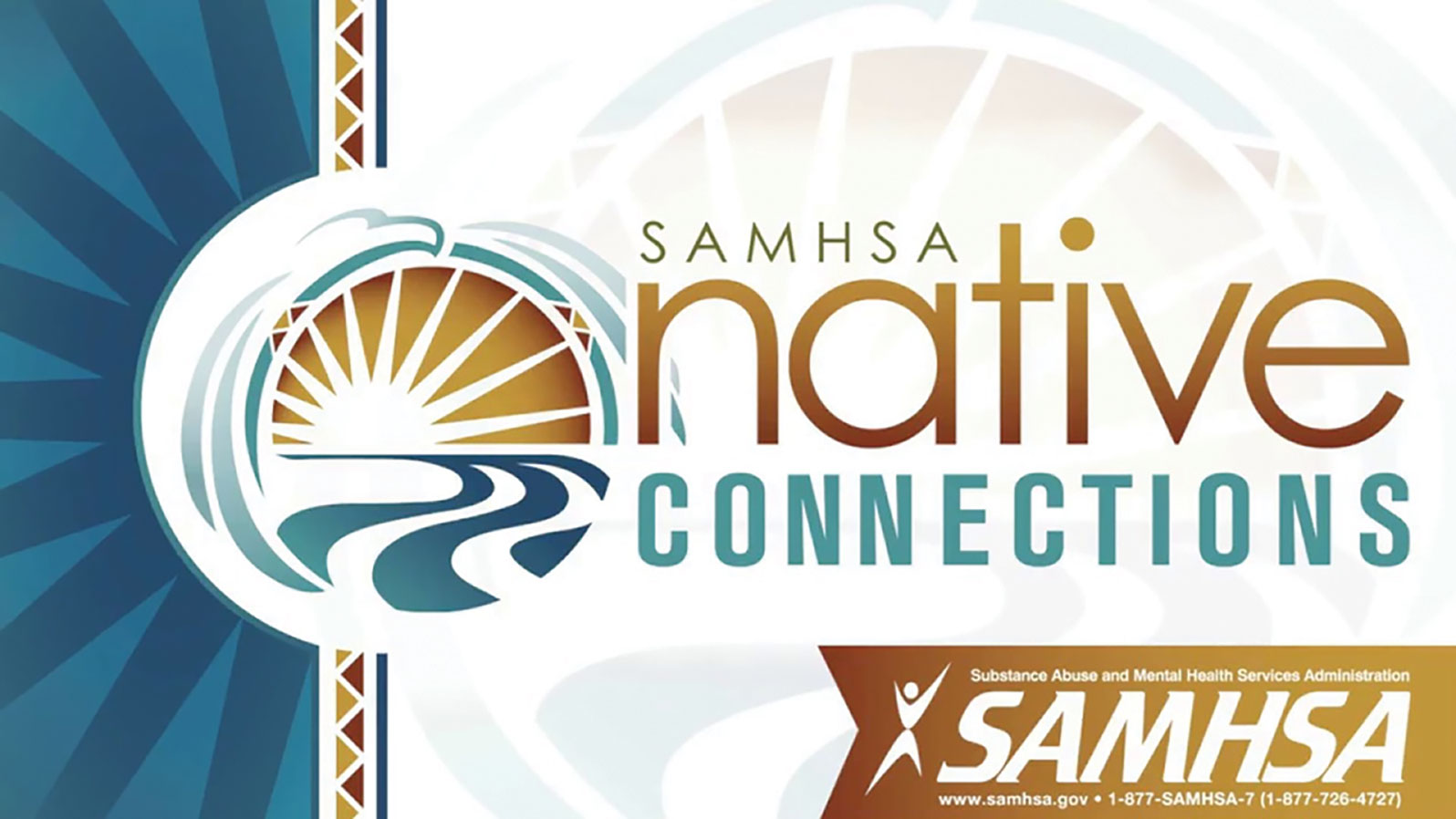April is sexual assault awareness and prevention month. Working towards better awareness means taking into consideration the many forms of sexual assault, including not only exchanges between strangers, but also casual and serious dating and intimate partner violence. A key part of understanding what defines sexual assault is understanding what consent means.
Oftentimes, education around consent is lacking. While schools have improved immensely over the past ten to twenty years (my generation certainly didn’t grow up learning about consent), there is still a lot to learn. During my work in La Plata County, I’ve noticed that younger people tend to be more knowledgeable about this. Men and women, particularly above forty years old, often have little to no understanding of what consent looks and sounds like.
On that note, here’s a brief overview. Consent is a process, not a moment. That means that while someone may give consent for one thing at a given time, that person is not giving consent to other kinds of activities and is entitled to change his or her mind. The safest thing you can do is ask questions, don’t make assumptions, and it’s critical that whatever consent is given is done with enthusiasm (no pressure, including coming on too strong without asking questions).
Here is a fabulous acronym to remember the ways consent varies, used by many sexual assault support organizations. The acronym is FRIES. This is what is required for full consent to be given.
- Freely given: Consent is freely given. That means no coercion or pressure, including if alcohol is involved, meaning a person’s ability to give full consent is diminished. Nobody owes a person anything. And if you have said ‘yes’ before, it doesn’t mean ‘yes’ every time.
- Reversible: Consent can be revoked at any time. This means a person can change their mind. Sometimes people get into situations, and they are suddenly uncomfortable and need to stop. Consent means you are allowed to change your mind and stop and without guilt or shame.
- Informed: Each partner should be informed about the other person’s boundaries. You can only consent to something if you are informed, like knowing a person’s sexual health history, for example. This would include any past events that could affect their emotional state, like if someone has been assaulted before. Both partners should be asking about this. Men are just as vulnerable to contracting a health issue from unprotected activity as women but statistically, it is usually the women who speak up and raise these questions.
- Enthusiastic: This means that a person enthusiastically giving consent, not just saying a yes or a no. Sometimes people, especially women, are socialized or pressured to say yes with the flip side being the social belief that men are supposed to be in charge. This isn’t consent. Women share with each other, and we know that many of us have been pressured by a guy coming on too fast or too strong that saying no would have involved a great deal of effort and force. This is also not consent.
Specific: Just because a person gives permission for one kind of activity does not equal consent for others. Be specific about it. Asking questions is the bottom line.
In summary, ASK QUESTIONS! Do not assume. Be generous and kind. There may be old fashioned ideas about seduction or power, but the fact is, without full, enthusiastic, informed and specific consent, the exchange could be considered (and prosecuted as) sexual assault. So, when you are asking questions, do that regularly and with compassion. We now understand that trauma responses can involve freezing, therefore a traumatized person needs to be given multiple opportunities to say no. That means that if a woman or man has suffered sexual trauma in the past, it might be difficult to say no. Make sure that your partner is given this opportunity.
Many organizations in our area are holding events this month to raise awareness, educate, and spread the word about community resources. For example, the ELHI will be holding an event on April 22 from 12-2 p.m. on Missing and Murdered Indigenous Relatives to raise awareness of human trafficking. The Sexual Assault Services Organization (SAS0) that serves both Ignacio and Durango is holding multiple events throughout the month as well. Check their websites for more information.
An extensive list of resources pertaining to sexual assault including intimate partner violence, can be found by searching online or looking here: https://www.co.laplata.co.us/departments/district_attorney_s_office/links_and_resources.php
Here’s to your good health!
It’s okay not to feel okay
If you or someone you know has been struggling with their emotions, behaviors, or substance use please reach out to us. We can help you find appropriate tools and services that could help you overcome obstacles in your life. We are here for you. Please contact the Southern Ute Behavioral Health Division at 970-563-5700 for more information or to set up an appointment to see a counselor or therapist.
Reminder: If you need to talk to someone, please reach out. And for those interested in opioid use education, harm reduction, and support, please contact us for quick Naloxone (Narcan) training and fentanyl test strips. We can schedule individual, family, or friends training times at our Southern Ute Behavioral Health Building, or we can come to you, and the training is around 30 minutes. Please call us at 970-563-5700 to set up a training appointment.

